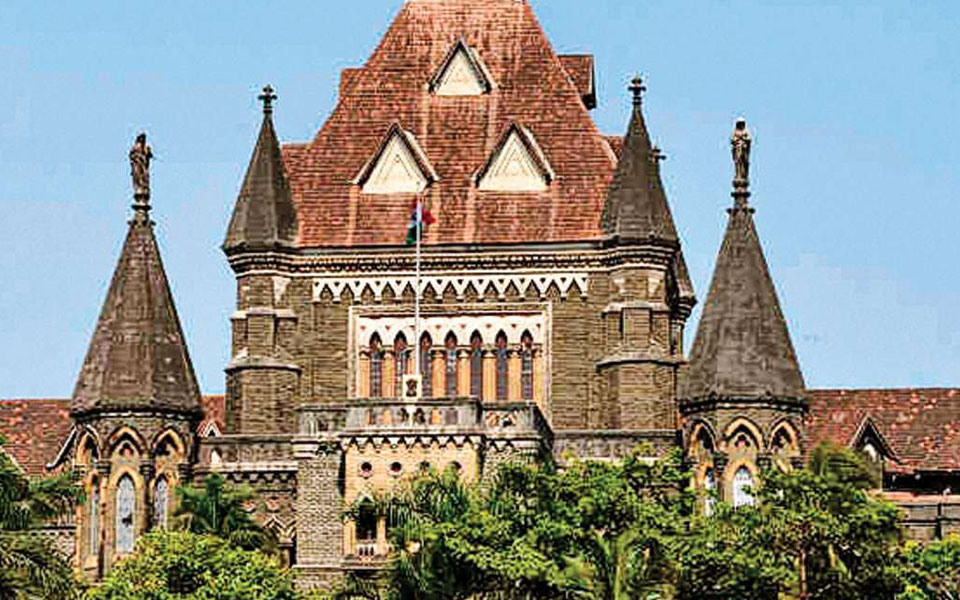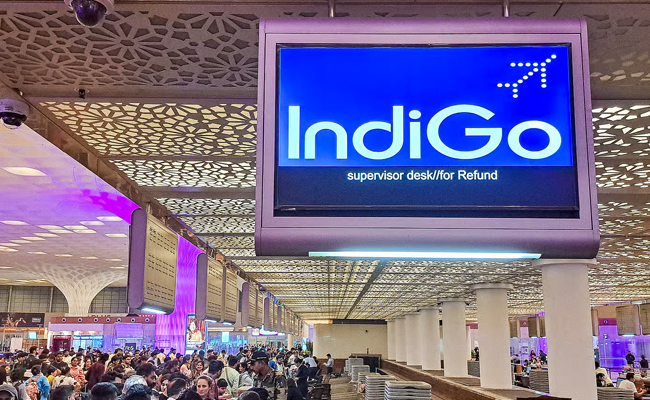MUMBAI: The Bombay High Court has pulled up Maharashtra Police for holding a press conference, elaborating on the evidence it claims to have, against activists arrested in connection with the Bhima Koregaon case. While hearing a petition, the court said how can the police hold a press conference when the case is subjudice.
The petitioner told the court that the police on one hand wants an in camera hearing while on the other are reading out evidence in the form of the activists' letters in public.The petitioner wants the case to be handed over to the NIA or the National Investigative Agency.
Facing criticism on the raids and arrests targeting rights activists, the Maharashtra police had claimed it had solid evidence including "thousands of documents and letters" that established the activists' links to Maoists and their role in facilitating weapons and funding.
The activists who were arrested on August 28 - poet and Maoist ideologue Varavara Rao, lawyer Sudha Bharadwaj, activists Arun Fereira, Gautam Navlakha and Vernon Gonsalves - are under house arrest on the orders of the Supreme Court till September 6.
There is nothing new in the allegations made by the police, said Mr Rao's nephew. Calling the Maharashtra Police's "conclusive proof", "cooked up", Mr Rao's nephew told news agency PTI that "it is illegal to hold a press conference when the Supreme Court asked the evidence to be submitted on September 6."
Lawyer and activist Sudha Bharadwaj, who is also under house arrest, said that one of the letters mentioned by the police is fabricated. "It is a totally concocted letter fabricated to criminalize me and other human rights lawyers, activists and organisations," she said in hand-written statement shared through her lawyer Vrinda Grover.
The Bombay High court has been adjourned the matter till September 7, as copies of the petition have not been served to all parties.
courtesy : ndtv.com
Let the Truth be known. If you read VB and like VB, please be a VB Supporter and Help us deliver the Truth to one and all.
Bengaluru (PTI): The Karnataka government has issued directions to municipal corporations across the state to regulate and prohibit feeding pigeons in public places, citing serious public health concerns.
Deputy Secretary to Government V Lakshmikanth has written to the Urban Development Department requesting it to issue directions to the Greater Bengaluru Authority (GBA) and all municipal corporations to take immediate steps to implement the measures.
In an official note dated December 16 issued by the Health and Family Welfare Department and released to the media on Wednesday, the department said uncontrolled feeding of pigeons in public places has resulted in large congregations of birds, excessive droppings and serious health concerns, particularly respiratory illnesses linked to prolonged exposure to pigeon droppings and feathers such as hypersensitivity pneumonitis and other lung diseases.
ALSO READ: Chinese GPS tracker found on seagull near Karwar Coast
"The commissioner, the Greater Bengaluru Authority and the Commissioners and chief officers of other municipal corporations shall take necessary action to mitigate the causes of dangerous disease spread by pigeon and enforce specified guidelines in their respective jurisdiction," the note said.
According to the department, these include a prohibition on feeding pigeons or causing pigeons to be fed in areas where it may cause nuisance or pose a health hazard to the public. Pigeon feeding shall be permitted only in designated areas in a controlled manner, subject to certain conditions.
"The designated areas may be selected in consultation with stakeholders. The responsibility for upkeep of the designated areas and compliance to the directions shall be taken up by some charitable organisation or an NGO. The feeding in designated areas shall be permitted only for some limited hours in the day," it said.
The note further stated that authorised officers of local authorities shall issue on-the-spot warnings and may impose fines for violation of the order, or lodge complaints to prosecute offenders under Sections 271 (Negligent act likely to spread infection of disease dangerous to life) and 272 (Malignant act likely to spread infection of disease dangerous to life) of the Bharatiya Nyaya Sanhita.
It also directed local authorities to conduct public awareness campaigns, including the display of signboards, banners and digital messages, explaining the health hazards associated with pigeon droppings and feathers, the content of the regulatory directions and penalties for violations, and alternative humane methods of bird conservation that do not endanger public health.





